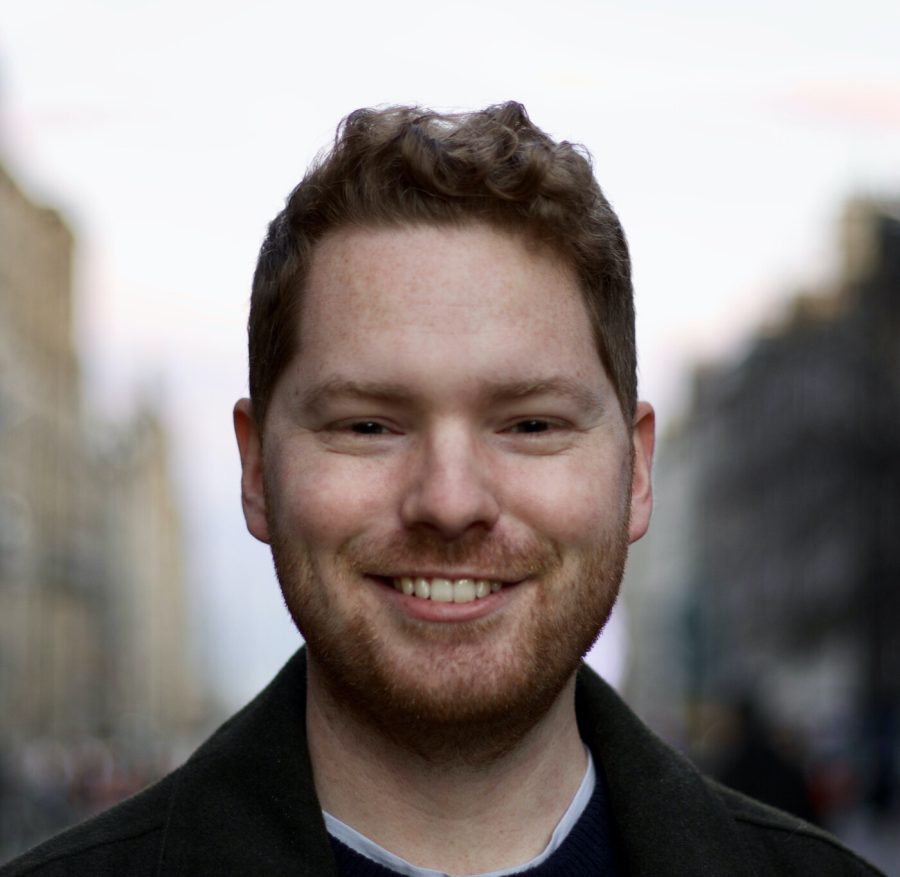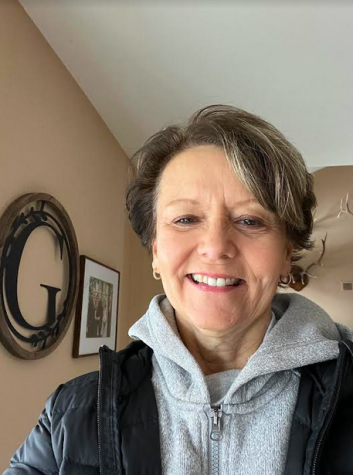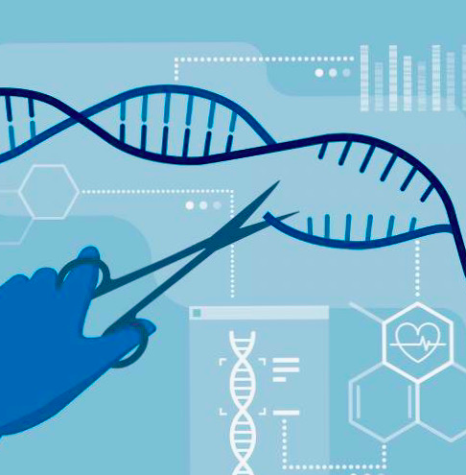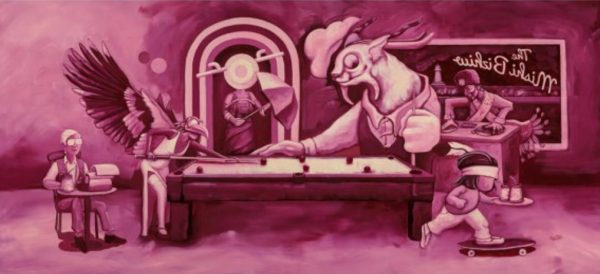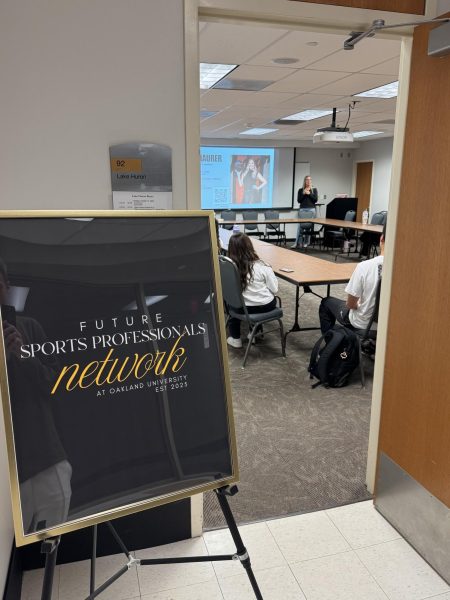Dr. Steve Wilson’s research in developing AI methods to promote better communication
Photo courtesy of Steve Wilson
Dr. Steve Wilson is an assistant professor of computer science in the School of Engineering and Computer Science.
Dr. Steve Wilson is an assistant professor of computer science in the School of Engineering and Computer Science.
Wilson also operates a laboratory focusing on that can apply to not only engineering but also in communication ingrained in our daily life.
“We all know computers are good at crunching numbers, but what about dealing with Tweets, Reddit threads, or Facebook posts?” Wilson said. “In the Oakland NLP laboratory, we write code that teaches computers how to process text written by people in their everyday communication, often working with social media datasets.”
Researchers studying Natural Language Processing (NLP), according to their website, are committed to:
- working on socially relevant research problems using state-of-art NLP methodology
- learning from one another to become better researchers, engineers and educators
- effectively communicating findings to the research community and general public
- engaging in ethical research practice
- providing a supportive work environment for team members
“For example, imagine a government recently enacted a new masking mandate and we wanted to know how people are reacting to that,” Wilson said. “Even with millions of new posts every few minutes, modern computers have no problem processing that amount of data in almost real time, but the challenge is to develop programs that can deal with text data, written by people in a special social context, that is full of humor, slang, sarcasm, emojis and multimedia content.”
According to Wilson, the focus of the lab is to make more socially aware AI methods that can incorporate all of these features in order to accurately reason about text that people write online.
His passion for partaking in this field has always been in the back of his mind as he has always been interested in both computers and people. However, he said it took a long time to realize that he could work in an area that focuses on both.
“I studied both psychology and computer science during my undergraduate degree and I got hooked on research during that time when I did a summer research project and found that I loved working on problems that didn’t have a known solution or outcome. I was even more excited to learn that many graduate programs offer full tuition and even pay you to do research, so I went to grad school and tried to find the most interesting research project that I could.”
That research project turned out to involve NLP – the set of methods that humans use to allow computers to process human languages – which became the beginning of what has turned into a decade of research in that area.
Wilson said he has recently been interested in the power of the stories that people tell, and how multiple social media posts connect across time and within communities to deliver a larger story. In order to make progress toward this goal and develop methods that can automatically detect the presence of narrative style in social media data, he has started collaborating with researchers from the Department of Communication, Journalism, and Public Relations at OU.
“We are interested in studying how narratives can help spread or combat misinformation online and whether we can train AI models to extract specific elements of narratives like specific characters or metaphors,” he said. “I see this move from individual posts to larger, connected stories, as a way that we can push the boundaries of what is being done in computational social media text analysis and can help us to better understand things like agenda setting and community narrative building.”
In addition to supervising graduate and undergraduate student researchers, he teaches CSI 3450 -Database Design and Implementation, which covers how to use computers in order to store and organize information efficiently. He will also be teaching a new course – CSI 4900/5900-Natural Language Processing in the Winter 2023 semester.
“OU has been a great place to be able to focus both on research and teaching and I am happy to be working with so many great students from both Southeast Michigan and all around the world,” Wilson said. “I [also] look forward to teaching the new course.”



